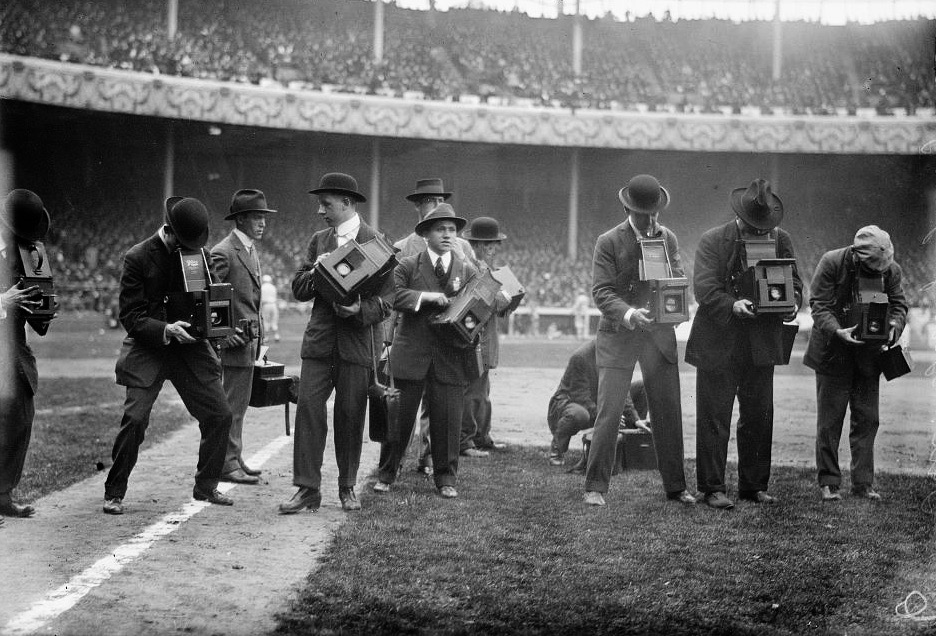For those who remember struggling to string jobs together in the wake of the Great Recession, the latest unemployment forecast will probably trigger the same foreboding. Earlier this week, City Comptroller Scott Stringer delivered the dread during his analysis of the Mayor’s Executive Budget for Fiscal Year 2021. Projecting the impact of Covid-19, he said:
We’re facing the deepest recession since the Great Depression, marked by historic and rapid job losses.
He predicted more than 900,000 New Yorkers would lose their livelihoods by the end of June. That’s about one in five workers. If that comes to pass, the city-wide unemployment rate for the second quarter (April-June) would crack 22%:
As you can see, that would be a worse quarter than either 9/11 or the Great Recession ever wrought. And, as Mr. Stringer surmised, the hardest hit industries would be those most dependent on people interacting:
However, the most recent data from the U.S Bureau of Labor Statistics has yet to reflect his forecast. Between February and March, the preliminary numbers show that the city shed 37,353 jobs and now bears a 4.4% unemployment rate. Once those figures are revised to account for the mid-March lockdown, though, they’ll probably soar. And that’s another aspect of Mr. Stinger’s worry: He anticipates a year-end unemployment rate of 12%. If he’s right, that would the highest ever tallied by the city since record keeping began in 1976.
Again, to put the potential carnage from Covid-19 into perspective, here’s another comparison with the 9/11 and Great Recession fallouts:
And that brings us back to the Mayor’s Executive Budget. Currently, it holds at $89.3 billion. But because the city’s revenue intake has already begun to crumble, Mr. Stringer expects a $7.4 billion shortage in the months ahead. If so, the city could find itself $8.7 billion in the red by the end of Fiscal Year 2021.
To close the gap, Mr. Stringer required the Mayor to go back and make $2.66 billion in cuts across all levels of city government. In turn, the Mayor put up $4.03 billion from the city’s cash reserves to help ameliorate the chasm. But they’re still $1.99 billion shy of covering the budget. To that end, Mr. Stringer implored Congress for help. He said:
In a crisis this severe, the federal government must step up and deliver relief to New York — the economic engine for the nation. Every year New York taxpayers put more into the federal coffers than New York receives in federal dollars, and it is unacceptable for Congress to be passing the buck — instead of passing robust local aid.
But given the President’s disdain for the city, it’ll take a miracle for the Comptroller’s plea to be heard.
All screenshots courtesy of comptroller.nyc.gov. May 5, 2020.



